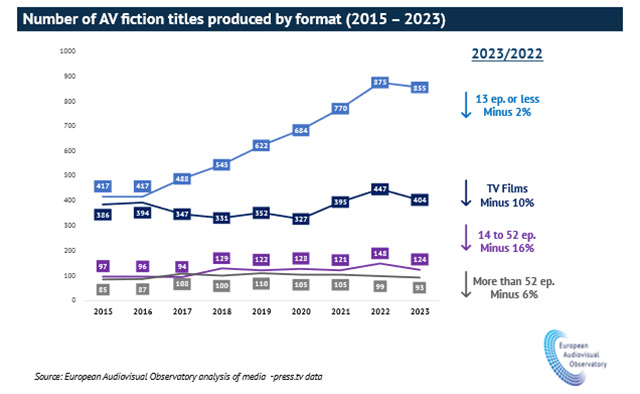Infra
Join the drive for a new open European infrastructure for web search

The EU-funded OpenWebSearch.EU project has launched two new calls for third-party proposals to help create an independent Open Web Index for internet search, based on European values and jurisdiction. The goal is to foster an internet that offers free, unbiased and transparent access to information.
The new calls follow on from a successful first call that resulted in six third-party project teams joining the OpenWebSearch.EU effort. “We are delighted to have gained six excellent new partners in our first open call in 2023. Now we call for further third-party partners to contribute their ideas, expertise and infrastructure to the OpenWebSearch.EU initiative,” states Dr Megi Sharikadze of OpenWebSearch.EU partner Leibniz Supercomputing Centre of the Bavarian Academy of Sciences and Humanities, Germany, in a media release posted on the project website.
Calling twice, calling thrice
The two new calls are aimed at researchers and innovators (Call #2) and computing and data centres (Call #3). The deadline for submissions is 4 April 2024, 17:00 CET.
Under Call #2, researchers and innovators are invited to submit their ideas for innovative uses of the data provided by the Open Web Index. The call asks for ideas for new search and discovery applications, content analysis methods, search paradigms, data products and ways to extend the platform in relevant ways. Applicants will be given access to pre-processed and indexed web data with continuous daily updates until the end of the project. Successful candidates can request between EUR 50 000 and EUR 100 000 in funding for a period of up to 12 months.
“We are looking for innovative ideas on how to leverage the Open Web Index and its data,” explains Dr Stefan Voigt, a scientist at project partner German Aerospace Center and Chairman of the Board of the Open Search Foundation (another OpenWebSearch.EU partner). “The field for ideas is broad,” Dr Voigt adds. “Applicants can submit ideas that relate to vertical search applications (e.g. kids search), conversational search or search based on large language models. We also welcome topics such as geo-location-based search or new approaches to transparent and privacy-friendly search, just to name a few examples.”
Alongside the second call, Call #3 invites computing and data centres to provide infrastructure to host parts of the Open Web Search and Analysis Infrastructure. The call is addressed at universities, public infrastructure providers, data centres, companies (e.g. cloud providers) and research teams with a well-established infrastructure. Successful candidates can request between EUR 100 000 and EUR 150 000 in funding for a period of up to 12 months. “We look forward for further data centres on board of the Open Web Search Initiative and to engage in discussions on creating discussing [sic] a sustainable search infrastructure with them,” remarks Dr Sharikadze.
OpenWebSearch.EU (Piloting a Cooperative Open Web Search Infrastructure to Support Europe’s Digital Sovereignty) aspires to contribute to Europe’s digital sovereignty and help promote an open human-centred search engine market. The project ends in August 2025.
For more information, please see:
OpenWebSearch.EU project website
Keywords
OpenWebSearch.EU, Open Web Index, web, internet, data, data centre, infrastructure










